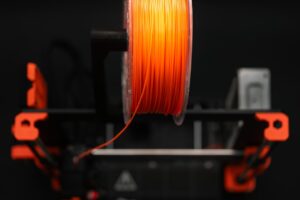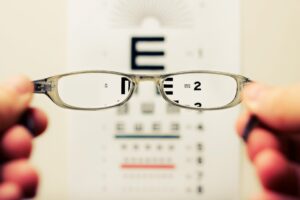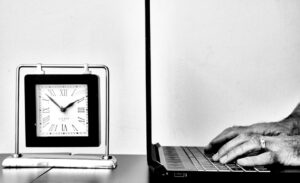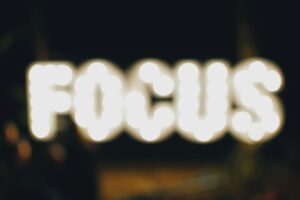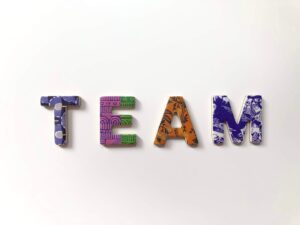I used to live in a state of constant, low-grade chaos.
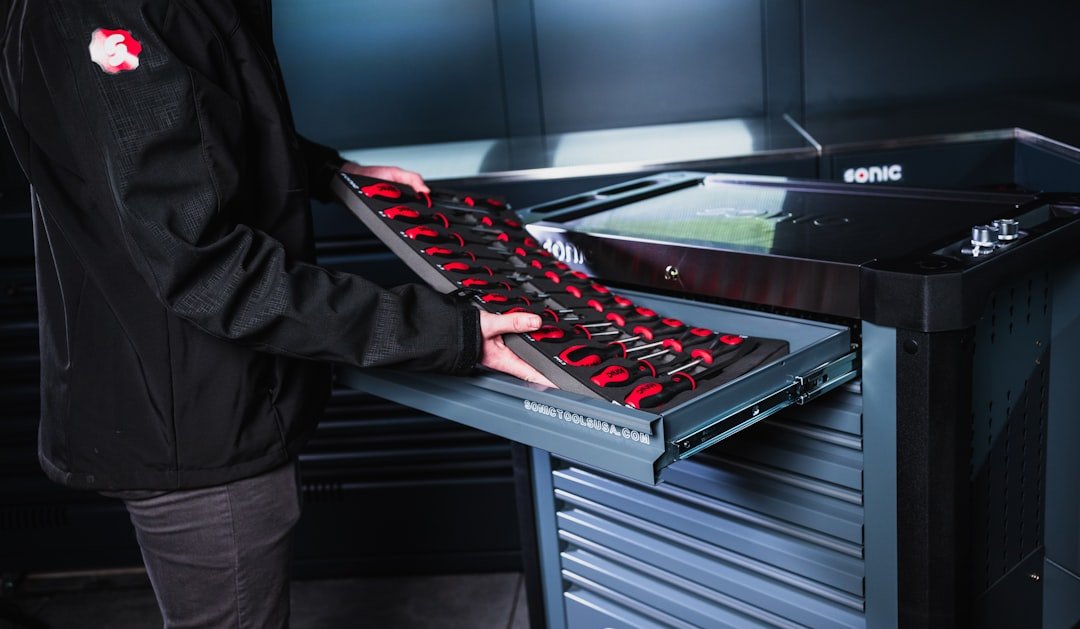
My life felt like a tangled mess of extension cords behind a TV stand. I knew what I wanted to do but couldn't seem to get anything untangled long enough to make real progress. I was drowning in bad habits from binge eating and gaming to just plain laziness. Change felt like a mountain I could never climb. But getting organized isn't about becoming a perfect, color-coded robot overnight. It’s about finding a few simple tools that help you clear the clutter so you can finally breathe.
If you feel overwhelmed, I get it. I’ve been there. But I found a way out, and it started with taking small, practical steps. These are the tools that helped me build a new life one day at a time.
15 Tools to Get Your Life in Order
You don’t need a huge budget or a complete life overhaul. You just need a few simple things to help you stay on track. Here are some of my favorites that have made a world of difference.
- A Digital Calendar. Your brain is for having ideas not for holding them. I put everything on my Google Calendar: appointments, work blocks, even reminders to take out the trash. It frees up so much mental space.
- A Simple To-Do List App. Whether it's Todoist or just the reminders app on your phone, get those tasks out of your head and onto a list. Checking things off feels amazing.
- A "Brain Dump" Notebook. Keep a cheap notebook by your side. Whenever a random thought, idea, or worry pops into your head, write it down. This clears your mind so you can focus on the task at hand.
- A Timer. I built my productive routine on short bursts of deep work, usually just 2–4 hours a day. A simple timer helps me stay focused for a set period and then forces me to take a break.
- A Habit Tracker. When I started my journey to lose over 110 pounds, a habit tracker was my best friend. It wasn't about being perfect. It was about seeing my small wins add up. Tracking a daily walk or choosing a healthy meal showed me I was making progress, which kept me going.
- A Good Pair of Headphones. When it’s time to focus, noise-canceling headphones are a game-changer. They create a little bubble of quiet that tells my brain it’s time to work.
- A Physical Planner. Sometimes, writing things down by hand just sticks better. I use a physical planner for my biggest goals and weekly planning. It feels more intentional than typing.
- Clear Storage Bins. Organizing your physical space can transform your mental space. Clear bins let you see what you have, so you stop buying duplicates and can find things quickly.
- A Label Maker. This might sound silly, but a label maker is one of the most satisfying organizing tools. Label those bins, file folders, and pantry shelves. It brings a sense of order to the chaos.
- A Designated "Donation Box." Keep a box in your closet or garage. Anytime you come across something you don’t need or use, toss it in the box. When it’s full, donate it. No more clutter piles.
- A Meal Plan Whiteboard. I put a small whiteboard on my fridge to plan meals for the week. This stops the daily "what's for dinner?" panic, saves money, and helps me stick to my healthy eating goals.
- A Budgeting App. Getting your finances organized is a huge part of feeling in control. An app can help you see where your money is going so you can tell it where to go instead.
- Cloud Storage. Use Google Drive or Dropbox to organize your digital files. No more searching through a messy desktop for that one important document.
- A Password Manager. Stop trying to remember dozens of different passwords. A password manager securely stores them all and makes your digital life so much simpler and safer.
- A Gratitude Journal. This is the simplest but most powerful tool on the list. Every day, I write down a few things I’m grateful for. It shifts my perspective from what’s wrong with my life to what’s right.
It’s Not About Perfection It’s About Progress
When I was over 110 pounds heavier, stuck in a cycle of unhealthy habits, the idea of a "perfect" day was my enemy. If I ate one bad thing, I'd think, "Well, the day is ruined," and then I'd binge.
The real change happened when I stopped chasing perfection and started celebrating progress. That's what tools like the habit tracker and to-do list are for. They aren't there to judge you. They are there to show you that even on a bad day, you probably did something right. Maybe you didn't go to the gym, but you drank enough water. Celebrate that. Maybe you didn't finish your whole to-do list, but you completed the most important task. That’s a win.
These small wins build momentum. They are the tiny steps that, over time, help you climb the mountain you once thought was impossible.
Finding Your Anchor in the Chaos
Ultimately, all the planners and apps in the world won’t help if you don't know why you're doing it. For me, strengthening my Christian Orthodox faith has been the ultimate organizing tool for my soul. It gives me purpose. It’s my anchor. When I feel overwhelmed or tempted to fall back into old habits, my faith reminds me of what truly matters. It puts my daily struggles into a bigger perspective.
My quiet time for prayer and reading scripture in the morning organizes my day before it even begins. It sets my priorities straight and gives me the strength to tackle whatever comes my way. Having that foundation makes every other tool on this list more effective because they are all serving a greater purpose.
You don't need to adopt all these tools at once. That would be overwhelming, and this is about fighting the overwhelm, not adding to it.
So, I’ll leave you with a question: What is the one tool from this list that could bring a little more order and peace to your life right now? Just pick one. Start there. You’ll be amazed at the difference one small step can make.
